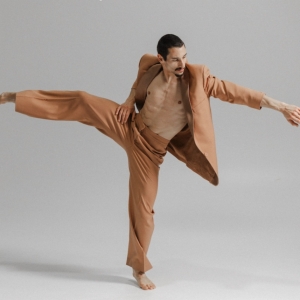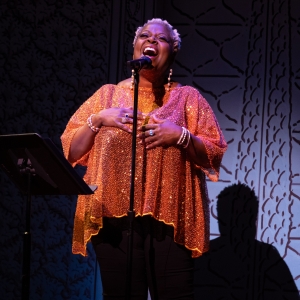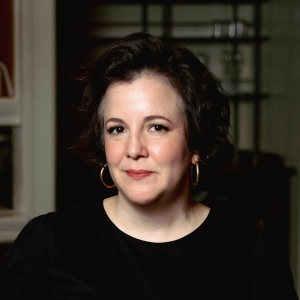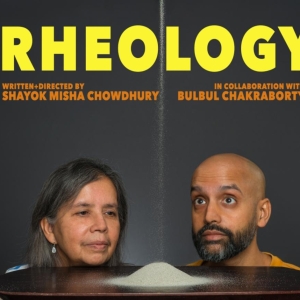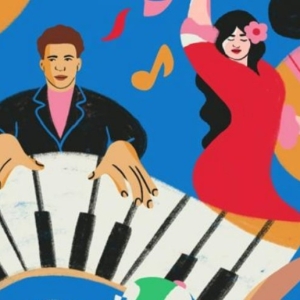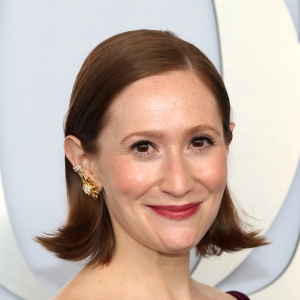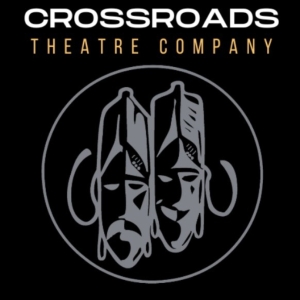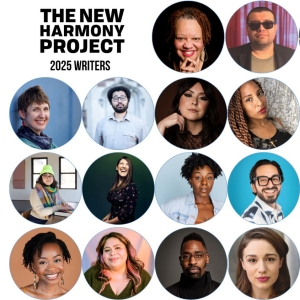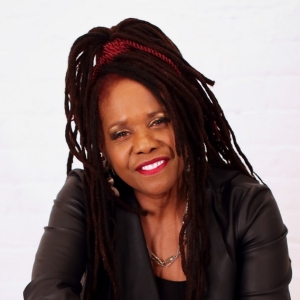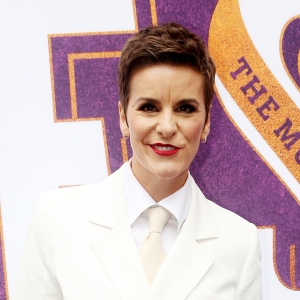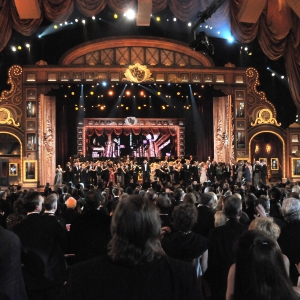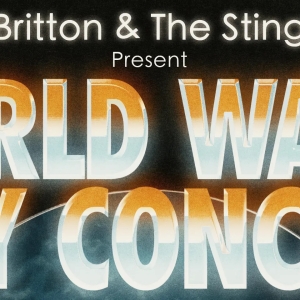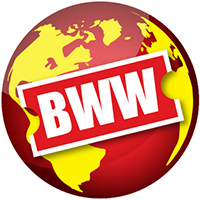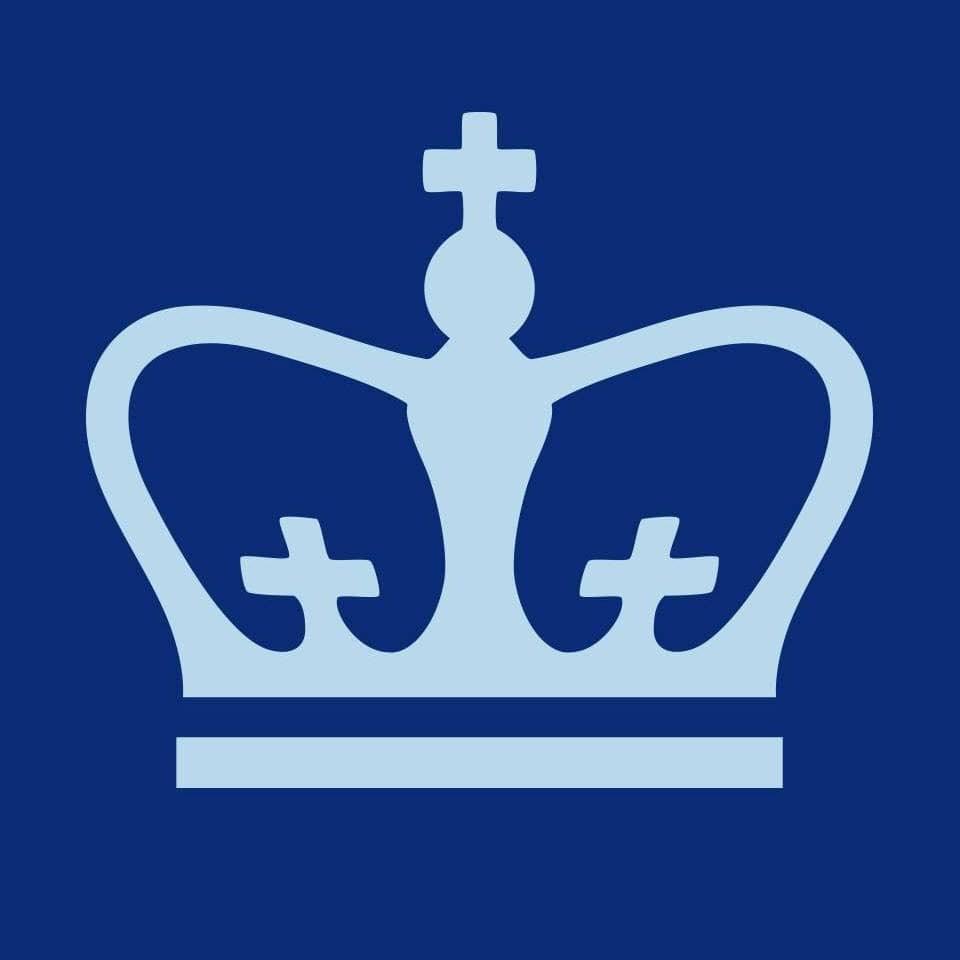
At a Glance
Time Needed: 240 min.
Ages: All
Allows Food/Drink: No
Luggage Storage: No
116th St & Broadway, New York, NY 10027 Get Directions
Columbia University Videos
A student stands on Morningside campus with some questions for Columbians … and a tiny microphone. On the fourth episode of Lions and Little Mics, Jake Langdon (CC’25) asks Columbians how they give back to the community. We give back by donating to Columbia Community Service; press play to hear what other Columbians had to say. This fun and lighthearted video series asks participants about various topics. View the rest of Lions and Little Mics series here: https://youtube.com/playlist?list=PLf1Dab4lwQhCOFky0pUky_1-DfuCVCVII&feature=shared
Daniel Abebe is Dean and Lucy G. Moses Professor of Law at Columbia Law School. He became the 16th dean of Columbia Law School on August 1, 2024. Dean Abebe’s scholarship centers on the relationship between the constitutional law of U.S. foreign affairs and public international law, and his research has been published in leading journals including The University of Chicago Law Review and The Supreme Court Review. He previously served as vice provost for academic affairs and governance at the University of Chicago, overseeing aspects of university-wide academic life and strategic initiatives. Dean Abebe is an elected member of the American Law Institute and a member of the Board of Trustees of the Higher Learning Commission. He has held various leadership roles, including on the boards of Argonne National Laboratory, Chapin Hall, and the University of Chicago Charter School, and he has professional experience at Cravath, Swaine & Moore and as a clerk for Judge Damon J. Keith of the U.S. Court of Appeals for the 6th Circuit.
Organized by Columbia students, the Diwali celebration fills Low Library with festive music, dance, and traditional food. Bright lights, rangoli designs, and cultural performances create a joyful atmosphere, uniting students across backgrounds in the vibrant spirit of the festival.
On this Veterans Day, we want to highlight R.J. Jenkins and the work he does as the Director of Education at the Columbia University Center for Veteran Transition and Integration. Jenkins is an educator, higher education administrator, and institutional consultant who specializes in organizational capacity development and cultural transition. As director of education for the Columbia University Center for Veteran Transition and Integration (CVTI), Jenkins develops resources and programs to help thousands of U.S. military veterans and active-duty service members each year achieve success in the college classroom and the civilian workforce. Jenkins also partners with private and public institutions across the country to build a more inclusive professional culture and to foster better communication and greater resilience among individuals and teams. To learn more about R.J. and the CVTI, watch our video.
Maria Ressa, the Nobel Peace Prize laureate and Filipino-American journalist known for her work to protect media freedom around the world, shares career and life advice and speaks candidly about finding her calling as a journalist with Columbia’s Ben Chang. In this installment of Step Talk you’ll also hear a lighthearted, lightning round of questions that shed light on this inspiring figure and her upbringing. Maria joined the Columbia School of International and Public Affairs (SIPA) faculty in July 2024 as a professor of professional practice after having served as a Carnegie Distinguished Fellow at SIPA’s Institute of Global Politics.
As autumn blankets Columbia University, students find serene spots on campus to study among the colorful trees. See the vibrant fall foliage and peaceful atmosphere at the Morningside campus.
More in Morningside Heights
More Attractions
- Empire State Building
- The Vessel
- Madison Square Garden
- The Edge
- Statue of Liberty & Ellis Island
- 9/11 Tribute Museum
- One World Observatory
- The Oculus
- The High Line
- St. Patrick's Cathedral
Columbia University Frequently Asked Questions
The closest subway stops to Columbia University at 116th St & Broadway are:
1. 116th Street - Columbia University (1 train): This subway station is right on campus, making it the most convenient option for visiting Columbia University. You can access the station at the intersection of 116th Street and Broadway.
2. Cathedral Parkway - 110th Street (B/C trains): This station is located just a few blocks south of Columbia University. From there, you can walk north on Broadway to reach the campus.
As for recommendations, Columbia University is located in the vibrant neighborhood of Morningside Heights, which offers a variety of dining options and attractions. Here are a few suggestions:
1. Tom's Restaurant: This iconic diner, located at 112th Street and Broadway, is known for its appearance in the TV show "Seinfeld." It's a great spot for a classic American breakfast or brunch.
2. Hungarian Pastry Shop: For a cozy and charming atmosphere, head to this neighborhood institution at 1030 Amsterdam Avenue. They serve delicious pastries and coffee, perfect for a quick break during your visit.
3. Riverside Park: Take a stroll along the Hudson River and enjoy the beautiful views at Riverside Park. It's a great place to relax and unwind after exploring Columbia University.
For the latest subway updates and information, you can visit the official website of the Metropolitan Transportation Authority (MTA) at [https://new.mta.info/](https://new.mta.info/). This website provides real-time service updates, maps, and other helpful resources to navigate the subway system.
I hope you have a wonderful time exploring Columbia University and the surrounding neighborhood!
The closest NYC bus stops to Columbia University at 116th St & Broadway are:
1. For uptown buses: The M4, M11, and M104 buses stop right in front of Columbia University on Broadway. You can check for any updates or changes to the bus schedules on the official MTA website: MTA.info.
2. For downtown buses: The M4, M11, and M104 buses also have stops on Amsterdam Avenue, just a short walk away from Columbia University. Again, you can find the most up-to-date bus schedules on the MTA website: MTA.info.
Please note that bus schedules and routes may be subject to change, so it's always a good idea to check for any updates before your trip.
If you're planning to visit Columbia University in New York City, I would recommend setting aside at least half a day to explore the campus and its surroundings. Columbia University is located in the vibrant neighborhood of Morningside Heights, which offers plenty of attractions to explore.
Start your visit by taking a leisurely stroll around the beautiful campus. Admire the stunning architecture, visit the iconic Low Memorial Library, and take a moment to relax in one of the campus green spaces. If you're interested in art, make sure to check out the Wallach Art Gallery, which showcases a diverse range of exhibitions.
After exploring the campus, venture out into the surrounding neighborhood. Morningside Heights is known for its charming streets, local shops, and delicious eateries. You can grab a bite to eat at one of the many restaurants or cafes in the area, offering a variety of cuisines to suit every taste.
If time permits, consider visiting nearby attractions such as Riverside Park, which offers stunning views of the Hudson River, or the Cathedral of St. John the Divine, one of the largest cathedrals in the world. Both are within walking distance of Columbia University and provide a unique perspective on the neighborhood.
Overall, half a day should give you ample time to explore Columbia University and get a taste of the vibrant Morningside Heights neighborhood. However, if you have a particular interest in academics or want to delve deeper into the university's history, you may want to allocate more time to fully immerse yourself in the experience.
Columbia University in New York City has a variety of dining options available for students and visitors alike. While the university does have some restrictions on bringing outside food and drinks into certain areas, there are plenty of places to satisfy your hunger and quench your thirst on campus.
If you're visiting Columbia University, you'll find a range of dining options to suit every taste and budget. The campus boasts numerous cafes, food trucks, and restaurants, offering a diverse selection of cuisines. From quick bites to sit-down meals, you'll find something to satisfy your cravings.
However, it's important to note that bringing outside food and drinks into certain areas, such as libraries and classrooms, may be restricted. This policy helps maintain a clean and conducive environment for studying and learning. So, if you're planning to enjoy a meal or snack while exploring the campus, it's best to do so in designated dining areas or outdoor spaces.
Additionally, if you're attending an event or conference at Columbia University, the organizers may have specific guidelines regarding food and drink consumption during the event. It's always a good idea to check with the event organizers or venue staff for any specific policies or restrictions.
Overall, Columbia University offers a wide range of dining options on campus, ensuring that you'll find something delicious to enjoy during your visit. Just be mindful of any specific policies or restrictions in certain areas, and you'll have a great dining experience at this prestigious institution.
Columbia University in New York City does not have a specific luggage storage policy for visitors. However, there are several options available nearby for storing your luggage while you explore the city.
One convenient option is to use a luggage storage service. There are several companies in New York City that offer secure storage facilities where you can leave your bags for a few hours or even a few days. These services typically have multiple locations throughout the city, including near popular tourist attractions and transportation hubs.
Another option is to check if your hotel offers luggage storage for guests. Many hotels in New York City have a designated area where you can leave your bags before check-in or after check-out. Even if you are not staying at a particular hotel, some may offer luggage storage services for a fee.
Additionally, some transportation hubs, such as Penn Station and Grand Central Terminal, have luggage storage facilities available for a fee. These options can be particularly convenient if you are arriving or departing from these locations.
It's always a good idea to research and book your luggage storage in advance to ensure availability and to save time during your visit.
Columbia University, located in the vibrant city of New York, is indeed a great destination for visitors from other countries and non-English language speakers. As one of the Ivy League universities, Columbia offers a diverse and inclusive environment that welcomes students and visitors from around the world.
For non-English language speakers, Columbia provides various resources to support language learning and cultural integration. The university offers English language programs and classes for international students, as well as language exchange programs where you can practice your language skills with native English speakers. Additionally, many of the faculty and staff members are multilingual and can assist visitors in their native languages.
Moreover, New York City itself is a melting pot of cultures and languages, making it an ideal place for international visitors. You'll find a multitude of neighborhoods, restaurants, and cultural events that cater to specific communities and languages. Whether you're looking for authentic cuisine, cultural festivals, or language-specific services, New York City has it all.
While visiting Columbia University, take advantage of the opportunity to explore the surrounding neighborhood of Morningside Heights. This vibrant area offers charming cafes, bookstores, and beautiful architecture. You can also visit the nearby Riverside Park, which provides a serene escape from the bustling city.
Overall, Columbia University and New York City are excellent destinations for visitors from other countries and non-English language speakers. You'll have the chance to immerse yourself in a diverse and dynamic environment, expand your cultural horizons, and create unforgettable memories.
Columbia University in New York City is a prestigious institution that offers a wide range of programs and degrees. While there is no specific recommended age range for attending Columbia, it is primarily an undergraduate and graduate university, so most students are typically in their late teens to early twenties. However, Columbia also welcomes non-traditional students of all ages who are interested in pursuing higher education. Whether you're a recent high school graduate or someone looking to further your education later in life, Columbia University offers a supportive and intellectually stimulating environment for all students.
Videos


